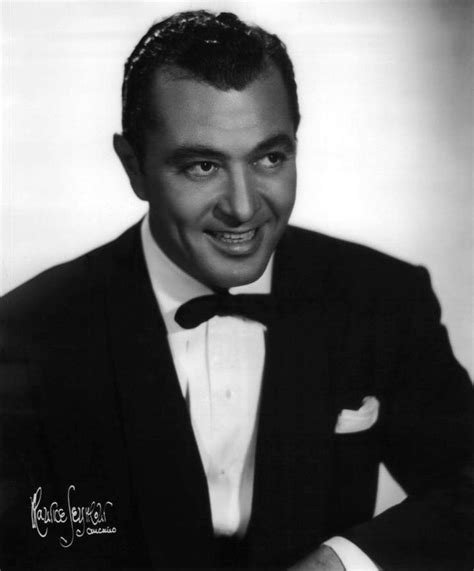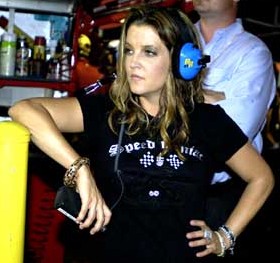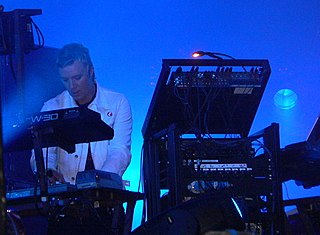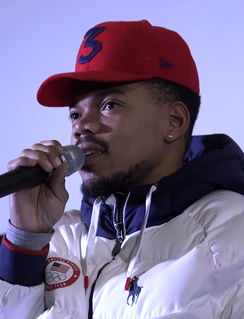A Quote by Nellie McKay
What people generally tell you is, "We'll all agree," and then once you sign, they expect to get their own way. I think it was a bit of a surprise that I was still very headstrong even after signing. I wasn't so happy to get a deal that I would agree to anything. In fact, I disagreed on most things and got my way on most things, which I think was to all of our benefit. But they wanted the record to come out, and I wanted the record to come out, so we had to work together.
Related Quotes
I most definitely wanted to make a record out of it. Due to the fact of the negativity and things that transitioned over the years, I just wanted to give [Chris Rivers] his space. I had this record "Danger" which Free Smith produced the beat. It was one of the first beats I got when I started recording again and one of the first I sang to.
I wanted to make a record with a twist. I wanted to prove that you could make a record that concentrated on song craft but that was still fun, something you could listen to and love and even dance to, but not hate yourself in the morning. I think I did that. Most of my lyrics come from my own personal journals that I have kept over the years.
For some people, I got away with something. And you know what? That's a fair thing to say, for them. I'm not saying I agree with that, but I can see how they can say that. But it's a matter of just like...you know, I'm really fortunate. As a journalist, I don't have to agree with you to talk to you. My job is to figure out why you think the way you think. I want to get to the root of why you think the way you think. That's what I find most fascinating as a storyteller.
Everyone needs some trial and error figuring out how it's gonna work for them. I could have gotten that out of the way a little sooner but I think you're totally right, the way I kind of think about things and the way I wanted to put myself out there doesn't fit the traditional side of things. I needed things like podcasts and YouTube and things that allow you to get it out there yourself and stand in the flames.
I think most artists start off playing in front of people and are used to doing it before they go out. I kind of did it the opposite. The thing got blown sky high and I'm on TV on "Good Morning America" doing my first performance in front of everybody. I think it was backward and from that, what I got out of it, the end is what I wanted, which was headlining my own tour, having people come because they loved my record and loved my music.
You sometimes get the feeling that people think getting back together after a hiatus to write and record a record is work, you know, arduous and unpleasant. Being able to write and record - that's a privilege. I don't forget the long days I spent working in a restaurant, when I wanted to be done so I could go home and work on a song.
I think all of us set out to try and reach as many people. That's the whole point of being in a band: trying to get your music out there. So, any opportunity to do that, within reason. We're informed about where our music is going to be used; we get to say yes or no. There are things we can turn down, and there are things we can agree to. When it comes to movies and stuff like that, it's great for us. I don't think it's selling out. Maybe 10 or 20 years ago it was seen as selling out, but nowadays I think it's the only way to get your music out there.
I went back to work right away [after prison]. I was very lucky — a friend of mine created a job for me at his company. Most prisoners who come home face really significant challenges when it comes to finding work. It’s very, very hard for most people who have a criminal record to get a job. I think the system is very wasteful of taxpayers’ dollars. It’s also very wasteful of human potential. I found that most people whom I was locked up with were, you know, good people who have skills and value. Prison is a missed opportunity to nurture those things.
Early on, I had to structure my ideas of success around things like, 'Can I go back and listen to the record months or years after I made it and still get some enjoyment out of it?' Or 'Have I said what I wanted to say on this album? Did it connect with people on a personal level, even if it's a small number of people?'
He wanted us to play whatever we played in the most characteristic and appropriate style. Even it was the theme from 'The Godfather,' you needed to play that then the way that a Hollywood producer would expect it to be played. Whether it was that or the posthorn solo from Mahler's Symphony No. 3, he would expect that to be played in the way that Leonard Bernstein wanted to hear it. In retrospect, I think it was a sensational way to teach this particular group of students. By the time you graduated you could absolutely read anything with any trumpet.




































